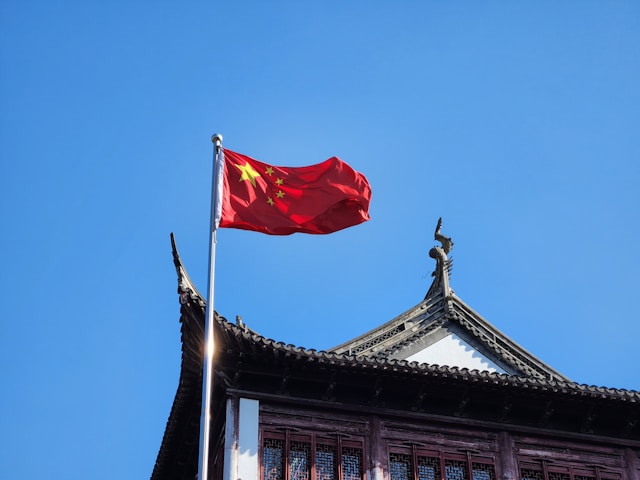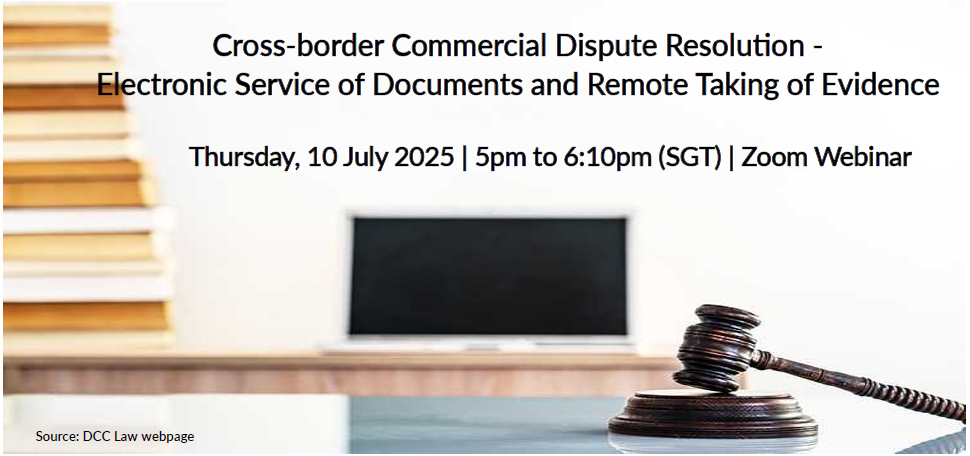
China’s first personal bankruptcy regulation, the “Personal Bankruptcy Regulation of Shenzhen Special Economic Zone” (深圳经济特区个人破产条例), officially came into force in Shenzhen on March 1. As of 31 Mar. 2021, Shenzhen Intermediate People’s Court had received 260 personal bankruptcy applications for the first month of the Regulation’s implementation. According to the interview with the applicant and the materials he/she submits, eight applications were accepted with priority.
The applicants in the eight accepted cases are young or middle-aged, all of whom have experience of starting a business or engaging in business operation, which conforms to the principle of encouraging innovation and tolerating failure. In respect of bankruptcy applications filed in the first month, the main purpose is to ease the debt crisis through restructuring and settlement, where the debt is smaller compared to corporate bankruptcy cases. Among the applications submitted in the first month, 56% of debtors have debt in the amount less than CNY 1 million and 30% have debt in the range from CNY 1 million to CNY 3 million, and only a very few debtors have the debt load of over CNY 10 million.
For these eight personal bankruptcy cases, only when the reorganization or settlement is achieved successfully, or the court announces his/her bankruptcy, will the first successful personal bankruptcy case be concluded in fact. However, in order to exempt the applicant from the liabilities for repaying the outstanding debts, pursuant to the Regulation, the court will not order to exempt the applicant from liability until the settlement agreement or reorganization plan is finally implemented or the investigation period for liability exemption expires.
Cover Photo by Joep Lam (https://unsplash.com/@joepl) on Unsplash
Contributors: CJO Staff Contributors Team









